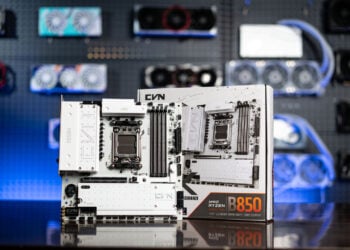In the vast landscape of scientific discovery, artificial intelligence emerges as a game-changing force, rewriting the rules of medical research. What once took months and cost tens of thousands of dollars can now be accomplished in a fraction of the time and at a dramatically reduced expense.
Table of Contents
The Dawn of AI-Powered Medical Innovation
Imagine decoding the human genome – a complex tapestry of approximately three billion base pairs – in a matter of hours instead of weeks or months. This is the promise of AI-driven computational biology. Where traditional methods required nearly $35,000 per genome analysis, GPU-powered AI models have slashed costs to under $2,000, democratizing high-quality genomic research.

Breaking Down the Computational Barrier
Key innovations driving this transformation:
- Unprecedented computational power through GPUs
- Dramatically reduced analysis time
- Significant cost reductions
- Enhanced accessibility for researchers worldwide
Beyond Genomics: AI’s Expanding Medical Frontiers
The impact of AI extends far beyond genome sequencing. Researchers are now leveraging artificial intelligence to:
- Streamline drug discovery processes
- Analyze treatment effectiveness
- Identify potential new medical interventions
- Accelerate complex biological data interpretation

The Human Element: AI as a Research Catalyst
At DevSparks 2025, Gaurav Tripathi, Co-founder of InnoPlexus, highlighted a critical insight: AI isn’t replacing human researchers, but empowering them to make discoveries at an unprecedented scale.
The Future is Now: A New Scientific Paradigm
Artificial intelligence represents more than a technological advancement – it’s a fundamental reimagining of how we approach medical research, promising faster, more affordable, and more comprehensive scientific discoveries.
DeepSeek vs ChatGPT vs Grok AI vs Google Gemini: Which AI Rules the Chatbot World?
FAQs
Q1: How Exactly Does AI Speed Up Medical Research?
By using advanced computational models and GPU technology, AI can process massive datasets exponentially faster than traditional methods, identifying patterns and insights humans might miss.
Q2: Is AI Making Medical Research More Accessible?
Absolutely! By dramatically reducing costs and computational complexity, AI is democratizing medical research, allowing more institutions and researchers to participate in groundbreaking studies.








